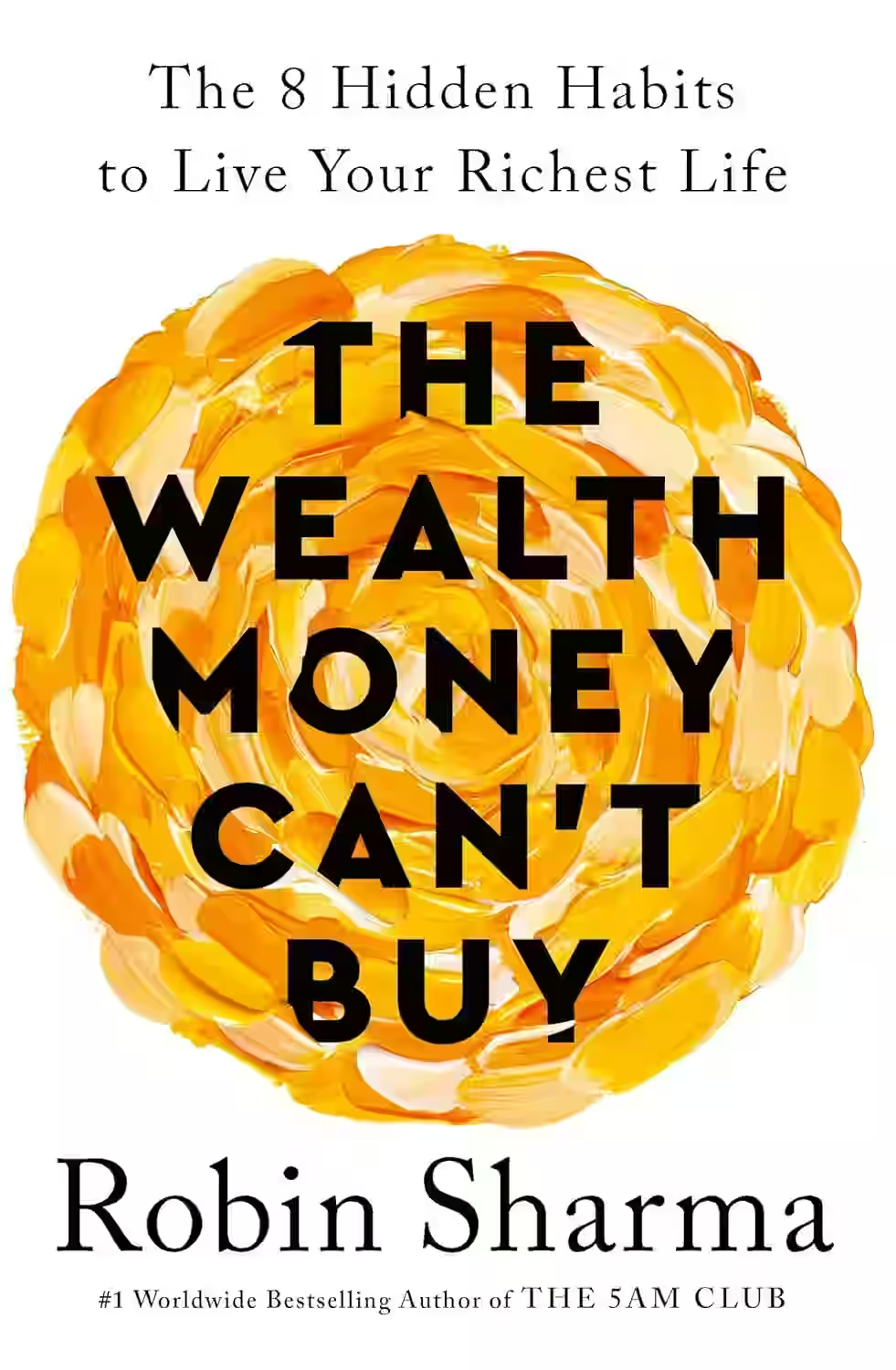
Robin Sharma’s The Wealth Money Can’t Buy redefines success by focusing on inner fulfillment rather than material gain. Drawing from leadership principles, spiritual teachings, and self-mastery practices, Sharma outlines seven forms of wealth—ranging from personal vitality and freedom to impact and character. The book serves as a roadmap for a meaningful life rooted in authenticity, purpose, and contribution. Through parable and reflection, it challenges readers to pursue a legacy of richness beyond money, aligning values with daily action.
About Robin Sharma
A Canadian leadership expert, motivational speaker, and author, celebrated for his influential books on personal mastery, productivity, and leadership. His best-known work, The Monk Who Sold His Ferrari, offers timeless wisdom on living a fulfilling life through a captivating fable. Sharma's teachings emphasize daily rituals, self-discipline, and consistent personal growth to achieve success and make a positive impact, inspiring millions globally to reach their highest potential.
Other Books by Robin Sharma
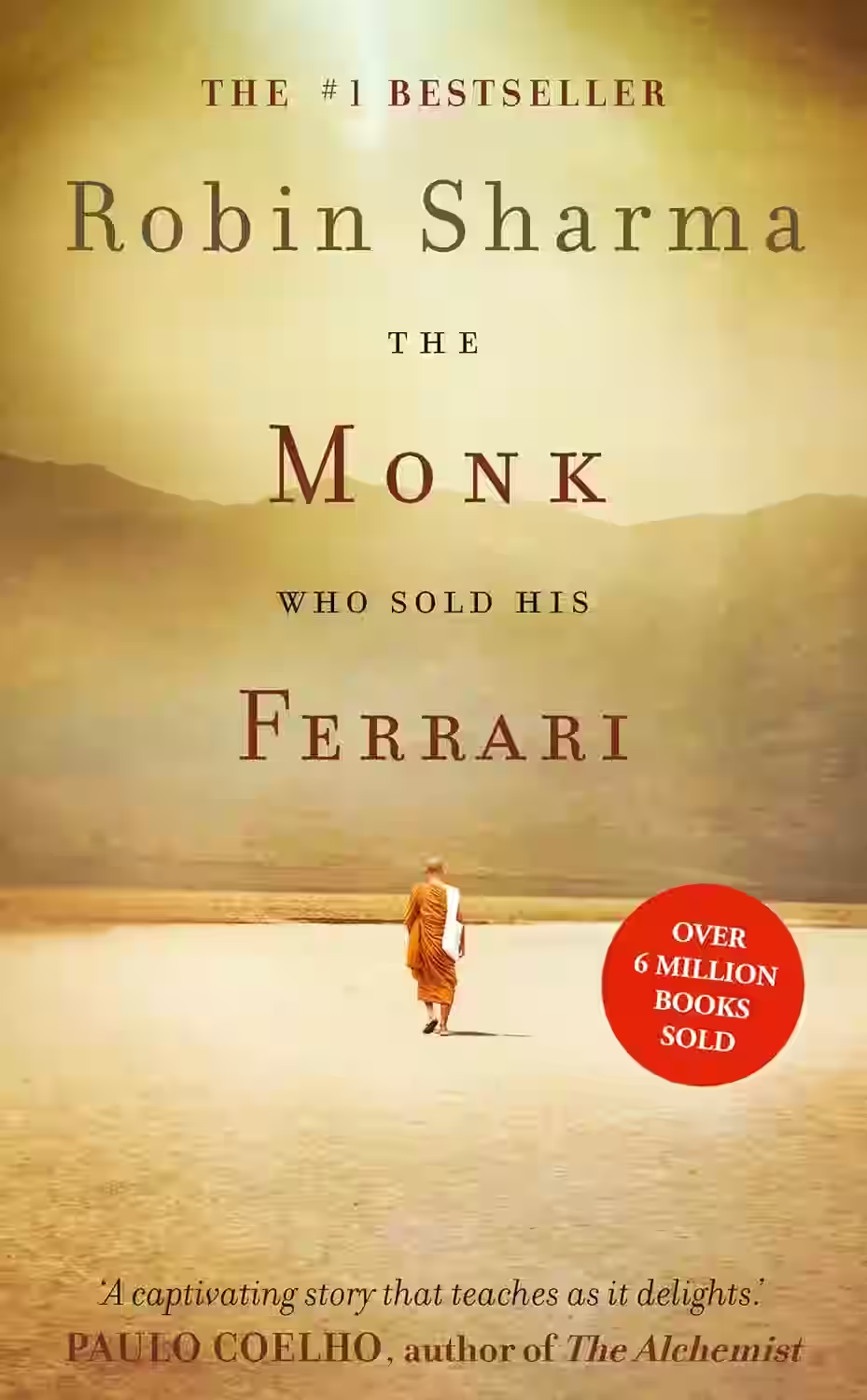
The Monk Who Sold His Ferrari
by Robin Sharma
This inspiring tale provides a step-by-step approach to living with greater courage, balance, abundance, and joy. A wonderfully crafted fable, The Monk Who Sold His Ferrari tells the extraordinary story of Julian Mantle, a lawyer forced to confront the spiritual crisis of his out-of-balance life. On a life-changing odyssey to an ancient culture, he discovers powerful, wise, and practical lessons that teach us to:
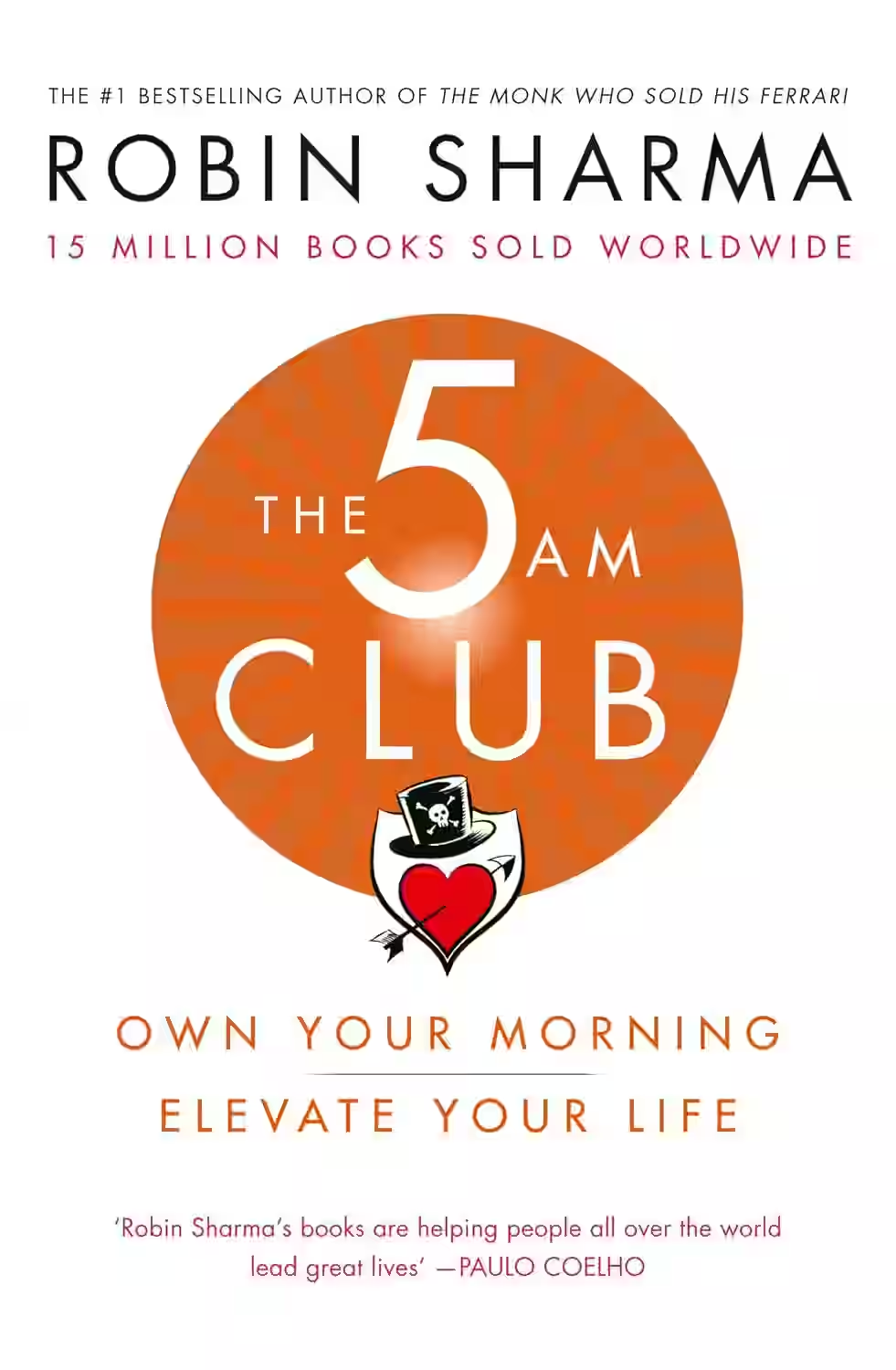
The 5am Club
by Robin Sharma
Written by Robin Sharma, The 5am Club promotes waking early to enhance productivity, creativity, and personal development. Through a fictional narrative involving a billionaire mentor and two struggling professionals, the book outlines a structured morning routine called the 20/20/20 formula—20 minutes of movement, 20 minutes of reflection, and 20 minutes of learning. Sharma blends motivational philosophy with time management and wellness strategies. Aimed at ambitious individuals seeking transformation, the book encourages discipline, solitude, and early rising as keys to maximizing success and well-being.
Similar Books
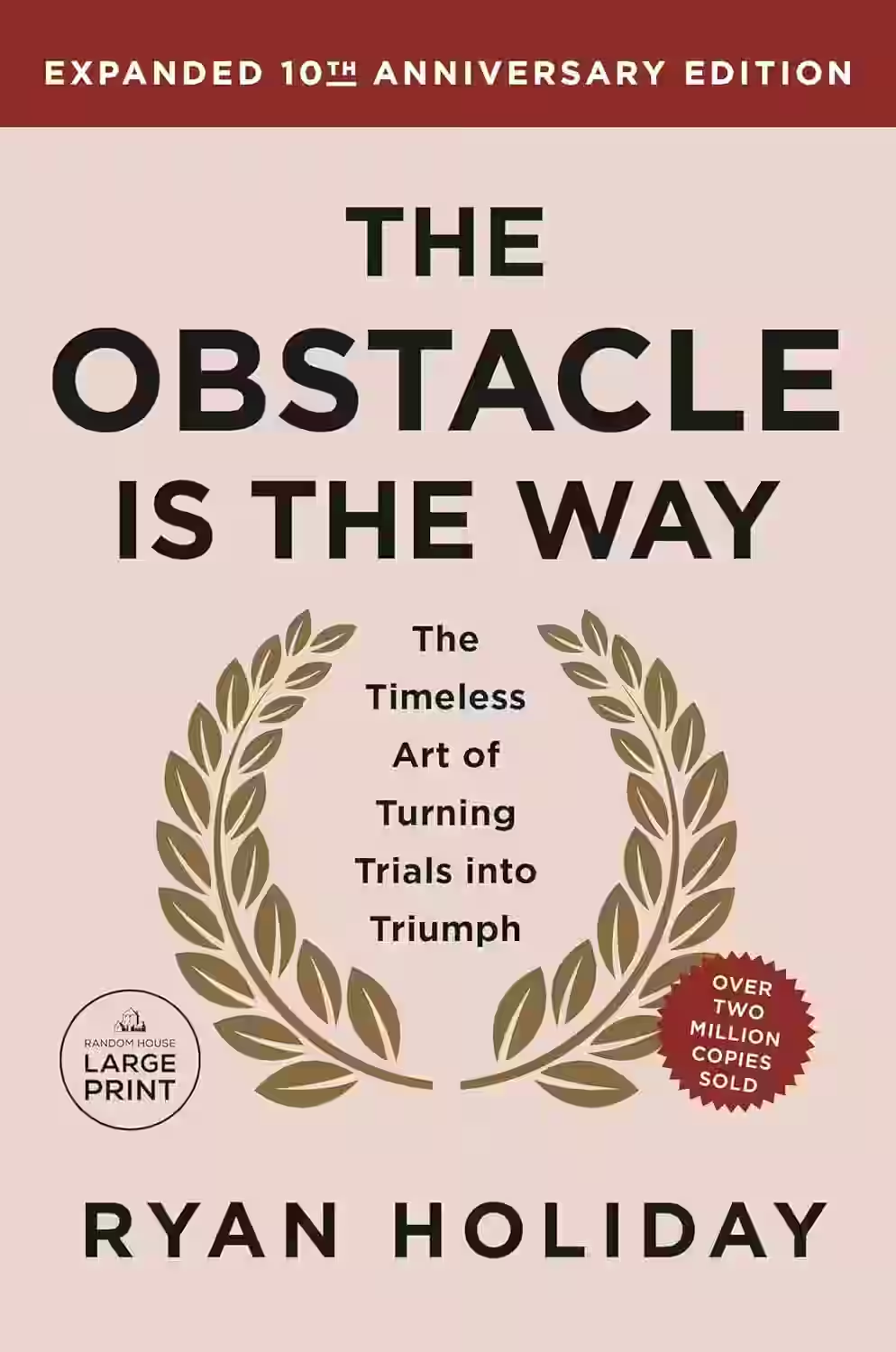
The Obstacle Is the Way
by Ryan Holiday
Based on the principles of Stoic philosophy, The Obstacle Is the Way teaches readers to transform adversity into advantage. Drawing from historical examples—from Marcus Aurelius to modern leaders—Holiday outlines a framework of perception, action, and will. His central idea: challenges are not obstacles to success, but the path itself. Through discipline, patience, and perspective, setbacks become fuel for growth. Written in a clear, concise style, the book is both motivational and practical. It has gained a wide following among athletes, entrepreneurs, and creatives seeking mental resilience and focus in the face of hardship.
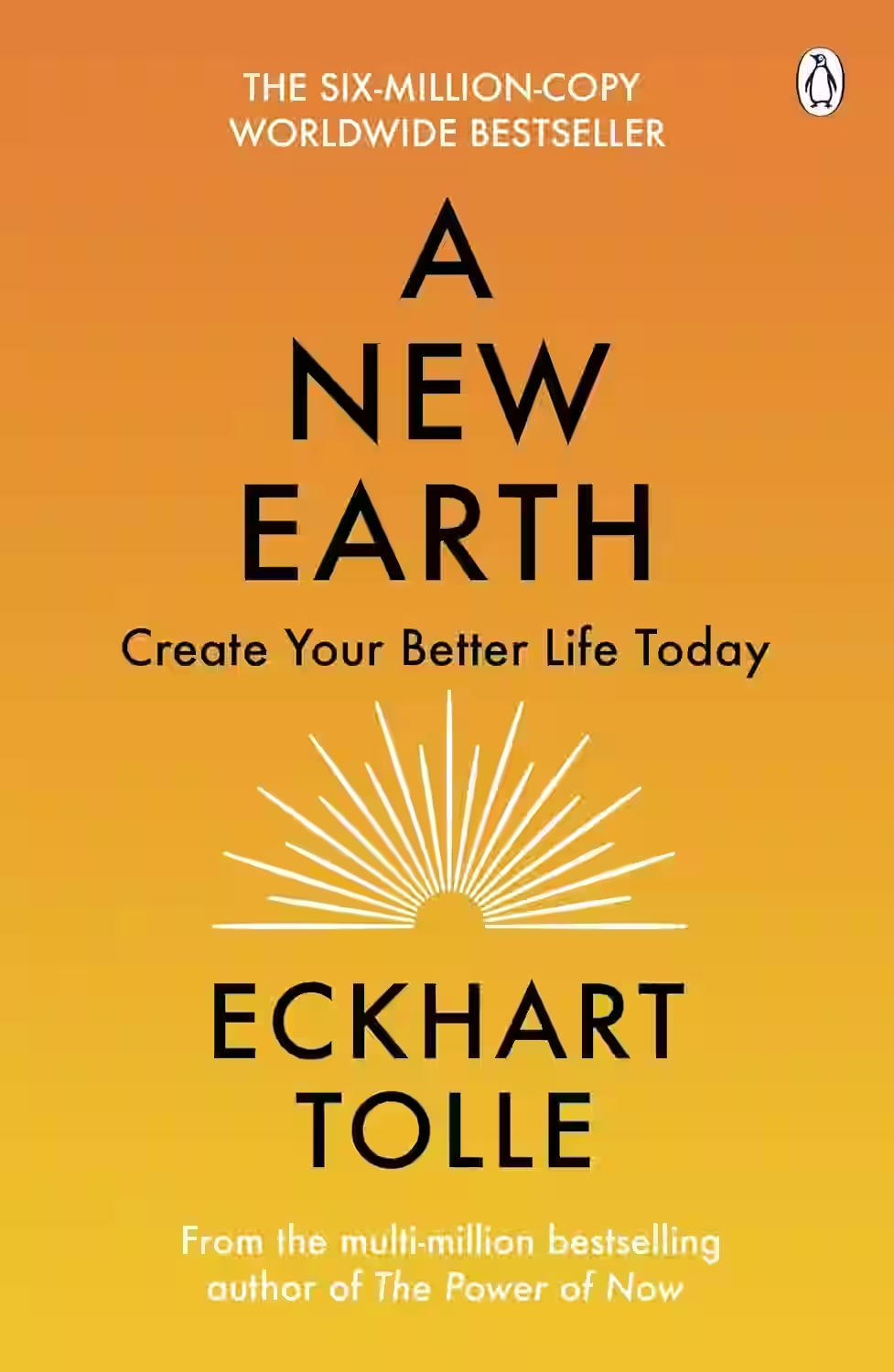
A New Earth
Eckhart Tolle's A New Earth explores the concept of ego and its role in human suffering. He argues that by transcending ego-based consciousness, individuals can achieve personal transformation and contribute to a more compassionate world. The book combines spiritual teachings with practical advice, encouraging readers to live in the present moment and embrace a higher state of awareness. Tolle's insights aim to inspire a shift in consciousness that leads to inner peace and a deeper connection with others.
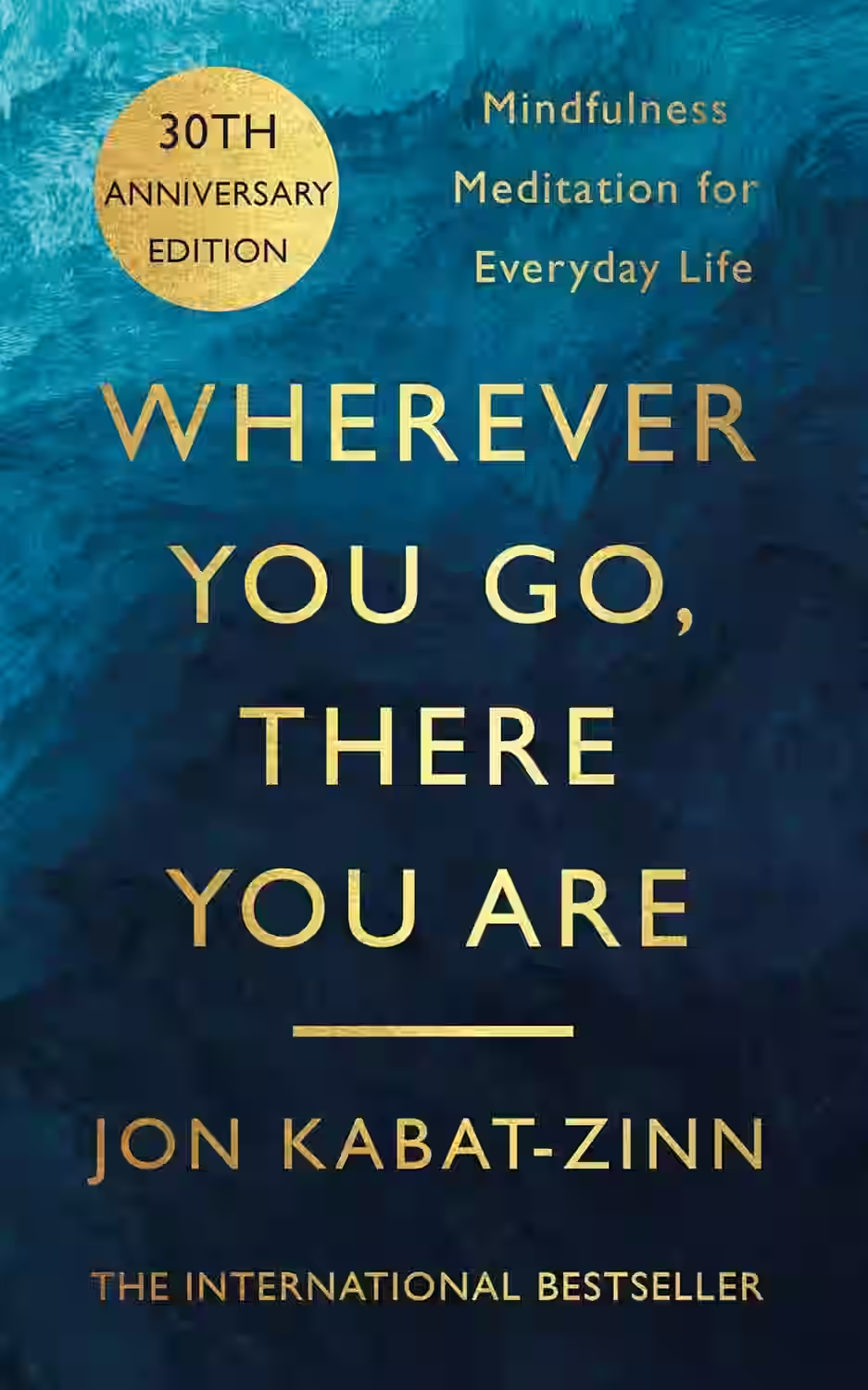
Wherever You Go, There You Are
This accessible guide by mindfulness pioneer Jon Kabat-Zinn introduces readers to the practice of meditation and its transformative effects. With gentle wisdom and simple language, he demystifies mindfulness, showing how it can be integrated into everyday activities to foster clarity, calm, and presence. Kabat-Zinn emphasizes that mindfulness is not about escaping or changing life, but embracing it fully—wherever you are. Divided into short chapters, the book is ideal for both newcomers and experienced practitioners. Its core message: peace and awareness are available in the present moment, no matter the circumstances, if we choose to be truly present.
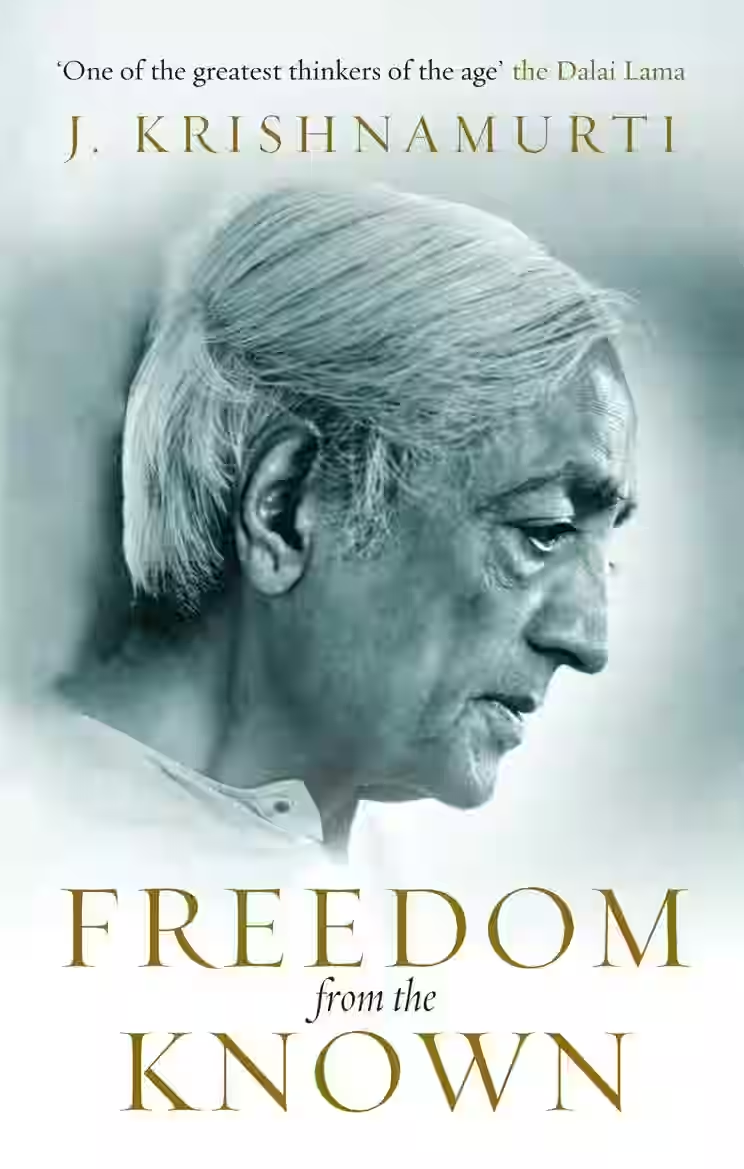
Freedom from the Known
In 'Freedom from the Known,' J. Krishnamurti delves into the deep-rooted human desire for security and certainty, challenging readers to question established beliefs and ideologies to discover true freedom and inner peace. Through profound insights and philosophical reflections, Krishnamurti encourages introspection and self-inquiry as pathways to liberation from psychological conditioning and societal constraints. His emphasis on living in the present moment and embracing change fosters a profound shift in consciousness, offering a fresh perspective on relationships, spirituality, and personal growth. This timeless work serves as a guide for individuals seeking self-realization and a deeper understanding of the complexities of the human mind.